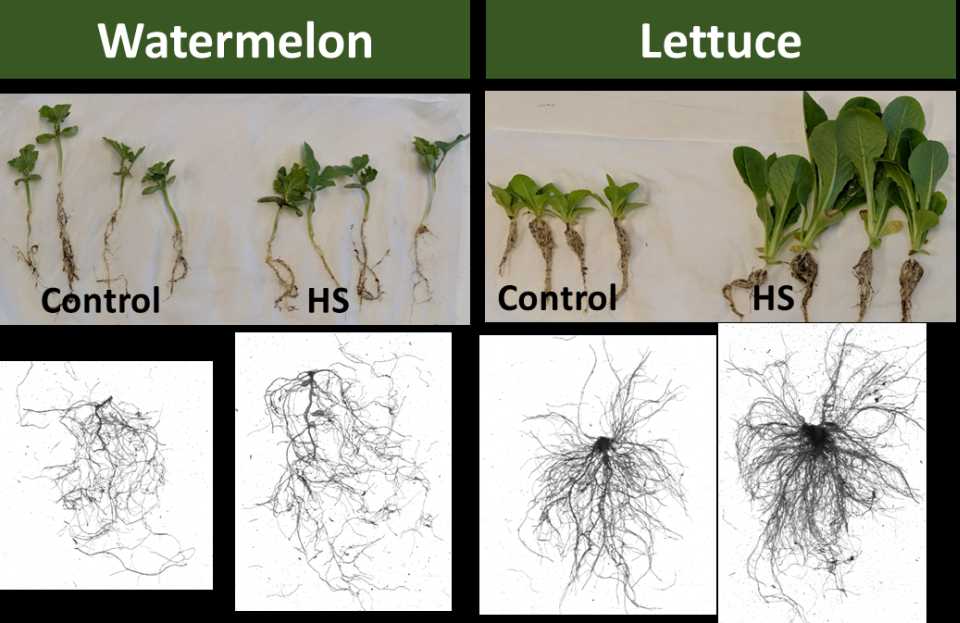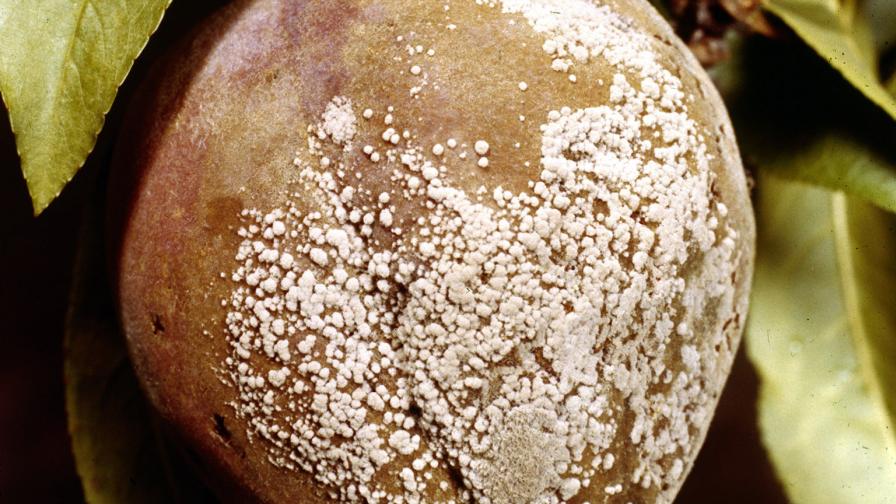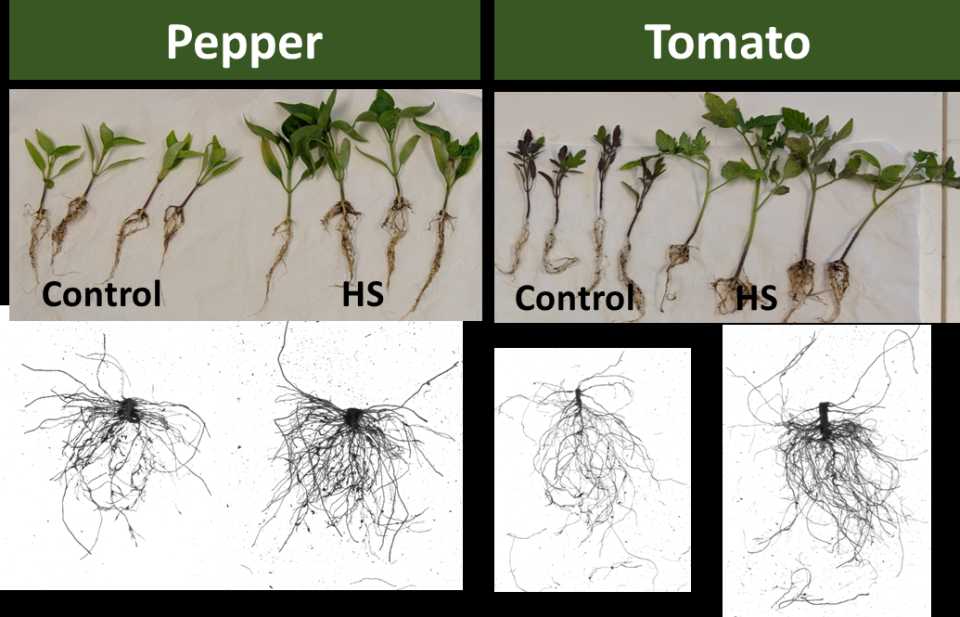Can Humic Substances Boost Vegetable Crop Quality and Yield?
Optimal plant health starts at the ground level – actually, below ground. And what you add to soil can have a profound impact on any crop you grow. One case in point: Researchers at the Texas A&M AgriLife Research & Extension Center in Uvalde have been busy uncovering what humic substances bring to the mix, including a patented dry soil amendment called NOVIHUM.
As part of a multi-year research program on NOVIHUM and its impacts on crop yields, water use efficiency, and mitigation of drought and heat stress, AgriLife Research & Extension Center Director Dr. Daniel Leskovar and his PhD student Kuan Qin published two peer-reviewed articles recently about this soil amendment’s value to produce growers.
Watermelons
In HortScience, the researchers wrote about the results of applying NOVIHUM to a low organic matter soil planted with watermelons treated with regular and reduced irrigation regimes through the growing season. The study showed that NOVIHUM increased the final yield of watermelons by almost 12%. It also markedly increased the level of soil carbon, and with it, the water use efficiency of the crop.
Reduced irrigation alone also was able to increase water use efficiency (WUE), but with a small penalty in yields. The researchers concluded that “soil organic inputs with [humic substances such as NOVIHUM] and deficit irrigation are valuable strategies to establish sustainable systems for watermelon production, which will not only increase yield and WUE, but also significantly improve soil quality and save irrigation water.”
The same research team conducted an unpublished companion study on a commercial watermelon farm in Dilley, TX. The results confirm that the published findings about NOVIHUM’s impacts are fully transferable to commercial conditions, with a yield increase of 15% and better-quality melons compared to the grower’s standard practice.

Improved leaf growth was especially apparent on lettuce crops when comparing control samples vs. those amended with humic substances.
Photos by Kuan Qin
Vegetable Seedlings
In the research journal Agriculture, Leskovar and Qin shifted focus to look at ways to improve the containerized transplant quality of high value vegetable crops with humic substances. After adding the soil amendment to a standard growing medium, the researchers tracked the development of pepper, tomato, watermelon, and lettuce plants pre- and post-transplant.
Leskovar notes that adding solid humic substances into the transplant growth media had several beneficial effects:
- Improved root development (root biomass, length and surface area) for fruit-based vegetable crops (pepper, tomato, watermelon),
- Improved leaf growth especially for leaf-based vegetable crops (lettuce),
- Improved leaf and root growth (biomass) especially after transplanting due to faster growth rate,
- Helped to adjust the transplant root-to-shoot ratio for better growth adaptation during the field establishment period, and
- Plants treated with humic substances exhibited better stress tolerance than untreated control transplants. This study showed the potential application of solid humic substances as biostimulants for enhancing transplant quality and crop performance in tomato, pepper, watermelon, and lettuce.
According to Germany-based ag-tech startup Novihum Technologies, the product provides growers a quick and easy-to-use tool to improve soil productivity and crop performance by immediately delivering a long-lasting dose of organic matter with a unique humus chemistry just like that found in nature’s best soils. It may be applied with standard agricultural machinery to solve a range of soil challenges. Learn more about the product at https://novihum.com.










